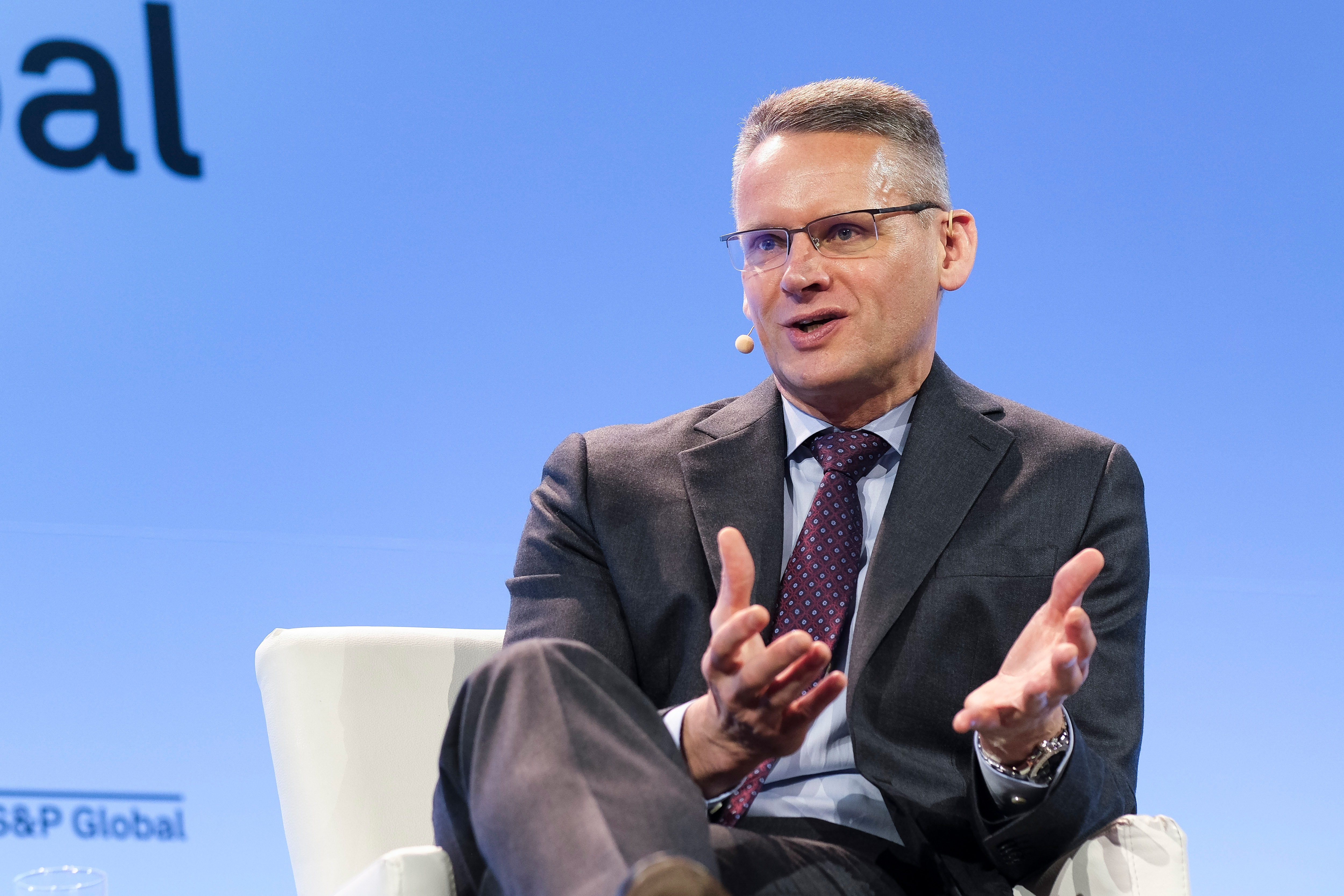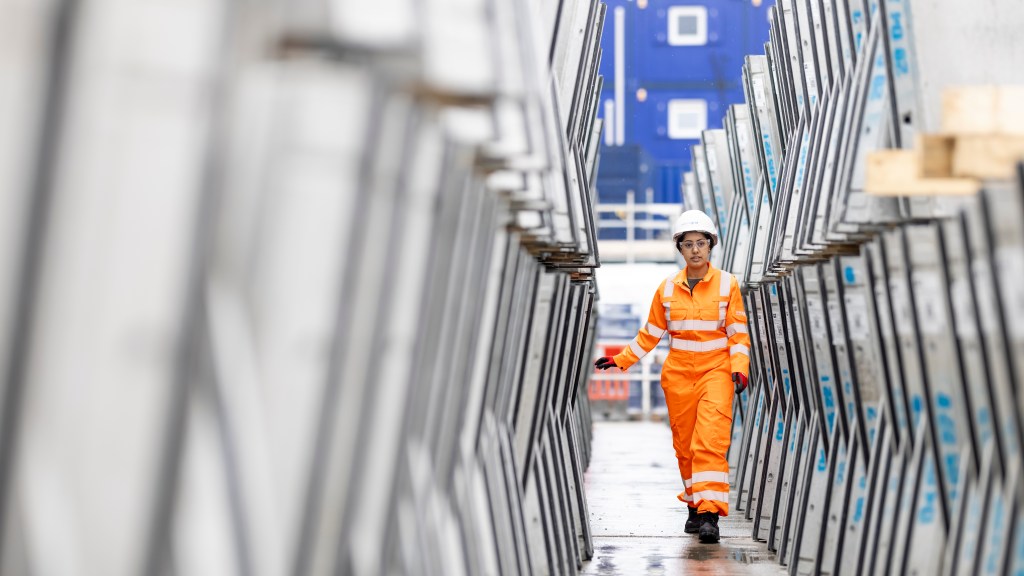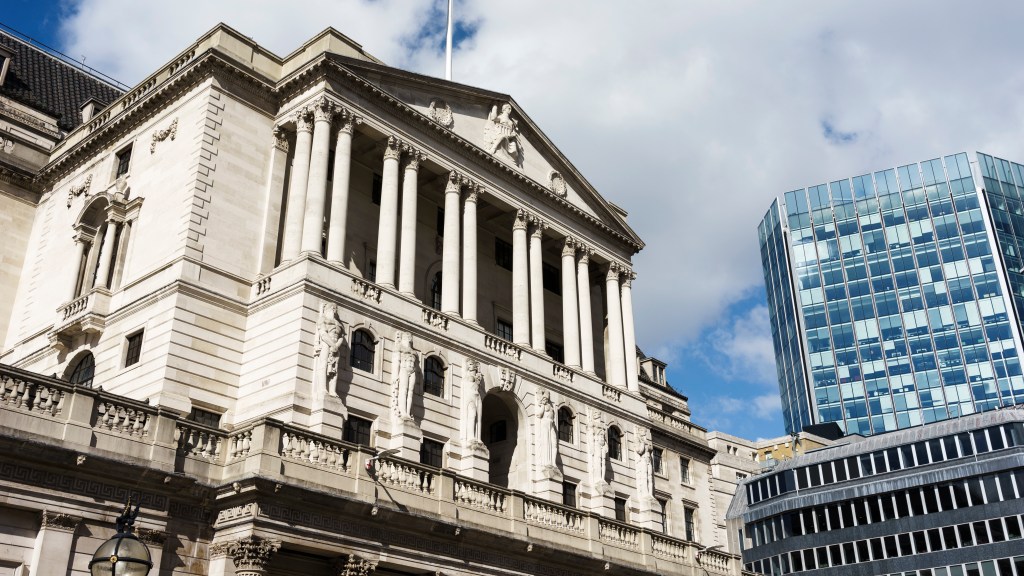National Grid Announces £60 Billion Investment Following 20% Profit Increase
The UK’s energy networks provider, National Grid, has revealed plans to invest £60 billion in infrastructure by March 2029. This announcement comes as the company reported full-year results that surpassed expectations, despite incurring a £303 million impairment linked to a halted wind project in the United States.
National Grid disclosed that its pre-tax profits for the year ending March stood at £3.65 billion, marking a 20% increase from the previous year’s £3.05 billion. Following the news, the company’s shares rose by 3% to close at £10.46, outperforming broader market trends.
The FTSE 100-listed firm recorded an exceptional charge of £303 million due to a slowdown in its Community Offshore Wind joint venture in the U.S., which it attributed to the overall deceleration in the offshore wind sector.
The renewable energy industry has faced challenges, particularly due to past governmental policies under President Trump, who halted offshore wind leasing early in his second term, reversing the support for renewable energy that existed under President Biden.
This particular project is based in New York and is a collaboration with the German firm RWE, which holds a 73% stake in it.
National Grid forecasts that earnings per share will grow by 6% to 8% this financial year, maintaining its previous estimates. Moreover, capital investments from 2024 to 2029 are expected to reach £60 billion.

Chief Executive John Pettigrew noted that the wind project represents a minor segment of National Grid’s operations, which primarily focus on managing electricity networks and subsea interconnectors in the UK, as well as gas and electricity services in the U.S.
Pettigrew expressed that there is currently limited chance for the project to progress, citing recent executive orders; however, he is optimistic about the project potentially being revived in the medium term due to rising demands for power generation in the area.
Valued at over £52 billion, National Grid attributed its earnings growth to improved performance in UK electricity transmission and enhanced rates in its U.S. business, following successful negotiations with regulators.
Earnings per share climbed 2% to 73.3p, surpassing earlier forecasts, while expenditures on vital energy infrastructure increased by 20%, as the UK aims to decarbonize its grid by 2030.
National Grid emphasized that it has maintained “high levels of network reliability across all our electricity networks.” Pettigrew reassured that incidents such as the substation fire that affected Heathrow in March and a recent power cut impacting London Underground services are “isolated and unconnected.”
He remarked, “A fire that takes out a whole substation is incredibly rare. I can’t recall another instance in my 35 years at National Grid.” An investigation by the National Energy System Operator will seek to identify the cause of these issues and assess broader resilience factors related to the incidents.
Pettigrew noted that reliability currently stands at 99.99%. He highlighted significant improvements in unexpected asset failures over the past decade, with such failures down by 50% compared to ten years ago, indicating strong resilience within the system.
This month, National Grid also announced that former Shell executive Zoë Yujnovich will succeed Pettigrew, who has led the company for nearly a decade and plans to retire in November. Pettigrew stated, “After 35 years, I’ll probably take a moment before I decide what’s next for me.”




Post Comment